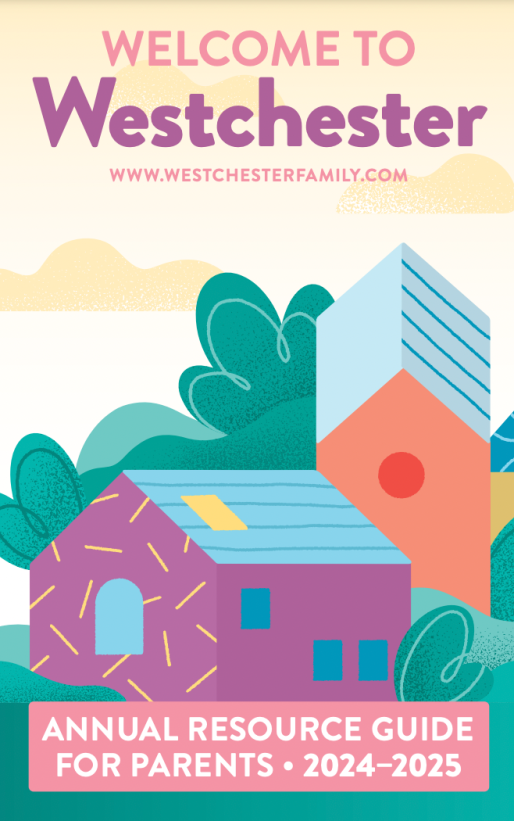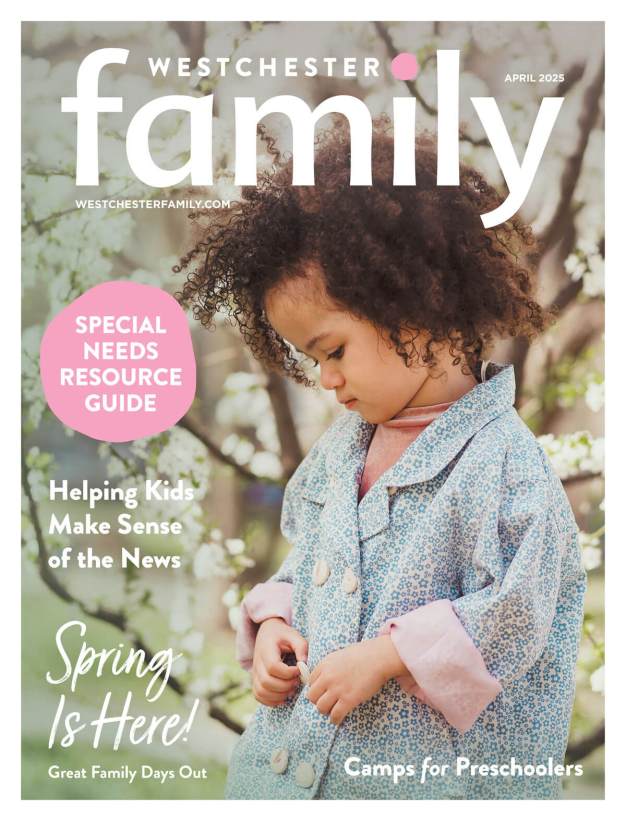Choosing a preschool for your child can seem overwhelming. Yet breaking down the task into bite-sized questions can help make the experience less daunting. Your goal is to find a preschool that suits your child and your family. What works for you might not be appropriate for another family, so acknowledge that this is a very personal decision.
1. Know what your child needs. If you have a child and are working or have other demands on your time some of your child’s care is going to need to be overseen by someone else. Determine if the preschool environment is right for your child. Hiring a sitter, nanny or selecting an au pair is an option if childcare is your concern. If you also want to provide socialization and educational opportunities preschool can help provide that.
2. Decide what you need. Do you work outside the home, or have other obligations that require a full five-day program? Are you considering that a part-time morning or afternoon program would offer enough coverage for you? Or perhaps you are flexible, and the number of days and hours you require aren’t as critical. Also ask what program is right for your child. Along with these questions decide on the location area – in your town, closer to your work or your spouse’s work location? And of course, cost will be another important factor.
3. Is the preschool regulated? Kathy Halas, executive director of the Child Care Council of Westchester, Inc. a not-for-profit child care resource and referral organization says, “Preschool programs that operate sessions of under three hours are not required to be regulated or accredited by any outside agency, some may opt in but it is not a requirement.” It can get complicated. Different programs are regulated and accredited by different agencies, licensed child care centers are regulated by the New York State Office of Children and Family Services while a pre-K program operated by a school district is regulated by the New York State Education Department. Halas recommends that parents inquire as to what regulatory body has licensed the school. She also invites parents to call the Child Care Council of Westchester where childcare specialists in the referral department can help identify if a specific school is regulated and accredited. They can also help you in your search for a program, find financial aid, and answer your questions – all for free. They can also help you determine if a particular program has had any outstanding compliance issues or complaints.
4. What type of preschool? Are you looking for a program that is structured or more open play-based? There are also several preschool educational philosophies to consider including Montessori and Waldorf. You might prefer a preschool with religious affiliation or one that is community based. Some parents prefer the cooperative approach, which can be a less expensive alternative and allows parents direct involvement with their child’s schooling. There are also preschools that offer language immersion, or international preschools that offer a bilingual education. Match the school with your child. Keep in mind that more than one environment may work for your family.
5. Staff. Ask about the qualifications, including education and experience of the staff. Halas advises parents not be overly impressed by the physicality of a school. “The single most important aspect in selecting a preschool is the connection between the staff and children,” she says. She also advises to inquire if the staff receives ongoing professional development, what the teacher to child ratio is, and if there is much staff turnover. Staff should also have CPR, first aid training, and policies for handling medical emergencies.
6. Safety and cleanliness. Ask what actions the school takes to provide a safe and secure environment. Staff should be required to wash hands before and after diaper changes, and children should wash hands before meals or snacks, and after bathroom visits. Sanitation procedures are important.
7. Behavior management. Otherwise known as discipline, how a school handles behavior is also critical. Halas advises parents to ask for the school’s policy handbook. “The handbook should explain exactly how behavior is addressed,” says Halas. “Behavior correction should not be punitive in any way at all. Remember our children’s social and emotional growth is very important.”
8. Communication. Ask if the school provides regular communication with parents and how communication is handled. Do they rely on emails, texts, or phone calls? Also ask what is best way for you contact them with concerns or questions.
9. Curriculum. Halas advises parents to get a clear understanding about what the program is providing. She is adamant that parents realize that young children respond best to play-based programs. “We all want our children well-prepared for grade school but young children learn best in an experiential environment where they can use all their senses to learn about themselves and the world.” She advises parents not be concerned about academics. Studies continually prove that an emphasis on academics at this age contributes to childhood anxiety and youngsters that are turned off to school.
10. Visit. A visit to the school is critical and some schools require it. When you go, observe if there are positive interactions between students and teachers. Are children treated with respect? How are disagreements between students handled? Halas recommends that parents continue to drop-in even after enrollment. “Of course the school may ask that you not come at nap time or during lunch, but any school that doesn’t welcome you can be a red flag.” As well, never forget that built-in guide that helps most parents through the little and big decisions of parenting – your gut!
Jean Sheff is editor of Westchester Family. She chose a variety of preschool programs for her daughter that matched her family’s needs at the time and found each had its benefits.
Looking for Guidance?
Childcare specialists are available at no charge to help you find the right childcare and preschool program for your child.
Child Care Council of Westchester, Inc.
313 Central Park Ave.,
Scarsdale, N.Y.
914-761-3456
Open Monday through Friday,
9 a.m. to 5 p.m.
Child Care Specialists extend their hours to 7 p.m. on Thursdays to assist parents.
See the tab, Services, on their website for their recommendations.














